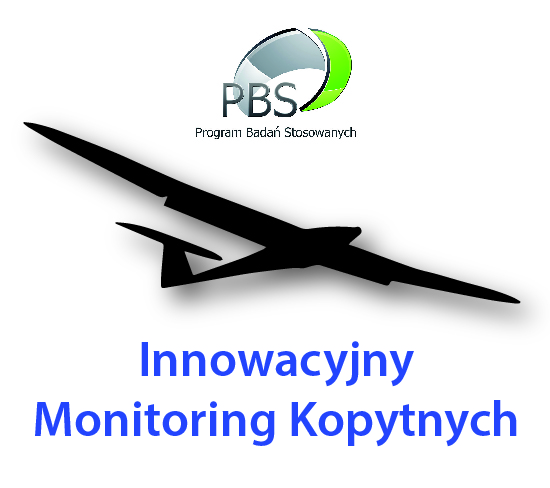(1) Article in a journal:
Kajak A. 1962. Comparison of spider fauna in artificial and natural meadows. Ekologia Polska, Ser. A, 10: 1–19. [In Polish with English summary].
Kosyanenko O. V. & Čornij M. G. 2008. Istorija ta stan vyvčennja miriapodofaunyi Kaninivskogo pryrodnogo zapovidnyka [History and state of study of the myriapod of the Kanev Reserve]. Zapovidna sprava v Ukraïni 14 (2): 25−29. [in Ukrainian]
Kupryjanowicz J. 1994a. Ceraticelus sibiricus Eskov, 1987, a spider species new to Poland (Araneae: Linyphiidae). Bulletin of the British Arachnological Society 9: 298–299.
Teodorowicz E. 2021. Description of Ameroseius georgei male (Acari: Mesostigmata) recorded from Poland with a key to males of European species within the genus. Annales Zoologici 71: 1–6. https://doi.org/10.3161/00034541ANZ2021.71.1.001
(2) Books published individually or as part of serial publications:
Górny M. & Grüm L. 1993. Methods in Soil Zoology. Elsevier-PWN, Amsterdam-Warszawa, 460 pp.
Rafalski J. 1960. Kosarze − Opiliones. Katalog Fauny Polski. 32, 2. PWN, Warszawa, 28 pp.
Schubart O. 1934. Tausendfüssler oder Myriapoda: 1. Diplopoda. Die Tierwelt Deutschlands und der angrenzenden Meeresteile nach ihren Merkmalen und nach ihrer Lebensweise. 28. Gustav Fischer Verlag, Jena, 318 pp.
Zalesskaja N. T. 1978. Opredelitel’ mnogonozhek-kostyanok (Chilopoda, Lithobiomorpha) SSSR [A key for identificaction of lithobiomorph centipedes (Chilopoda, Lithobiomorpha) of the Soviet Union]. Nauka, Moskva, 212 pp. [in Russian]
(3) Book chapter:
Huflejt T. & Karwowski A. J. 1993. Methods for the investigation of the spatial distribution of the soil fauna. In: Górny M. & Grüm L. (eds), Methods in Soil Zoology, pp. 70–111. Elsevier-PWN, Amsterdam-Warszawa, 460 pp.
(4) Conference proceedings published as an independent book or as an issue (supplement) of the journal:
Descamps M., Joly R., Beniouri R. & Jamault-Navarro C. 1990. Involvement of 5-hydroxytryptamine in the endocrine control of spermatogenesis in Lithobius forficatus (L.) (Myriapoda, Chilopoda). In: Minelli A. (ed.), Proceedings of the 7th International Congress of Myriapodology, July 21‒25, 1987, pp. 183–196. E. J. Brill, Leiden, 480 pp.
Enghoff H. 2000. Millipede phylogeny: how much do we know and what is it goof for? In: Wytwer J. & Golovatch S. I. (eds), Progress in Studies on Myriapoda and Onychophora. Warszawa, XiV+396 pp. Fragmenta Faunistica 43 (Suppl.): 1–17.
Helsdingen P. J. van. 1997. Floodplain spider communities. In: Żabka M. (ed.), Proceedings of the 16th European Colloquium of Arachnology, Siedlce, July 8‒13, 1996, pp. 183–194. Wyższa Szkoła Rolniczo-Pedagogiczna, Siedlce, 334 pp.
(5) References to websites (individual or collective author as an institution/ society, depending on the website's) indications):
Arachnologische Gesellschaft 2022. Atlas of the European Arachnids. Available at: https://atlas.arages.de on 18.01.2022.
Bonato L., Chagas Junior A.,Edgecombe G.D., Lewis J.G.E., Minelli A., Pereira L.A., Shelley R.M., Stoev P., Zapparoli M. 2016. ChiloBase 2.0 - A World Catalogue of Centipedes (Chilopoda). Available at https://chilobase.biologia.unipd.it.
World Spider Catalog 2022. World Spider Catalog. Version 23.0. Natural History Museum Bern. Available at: http://wsc.nmbe.ch, accessed on {date of access}. DOI: 10.24436/2









